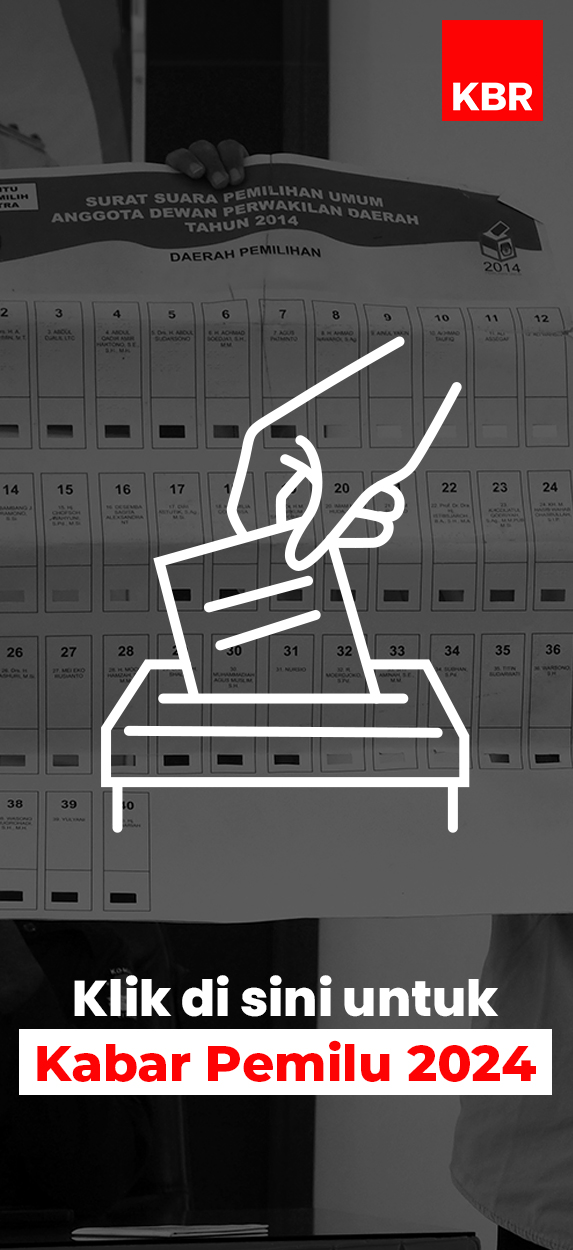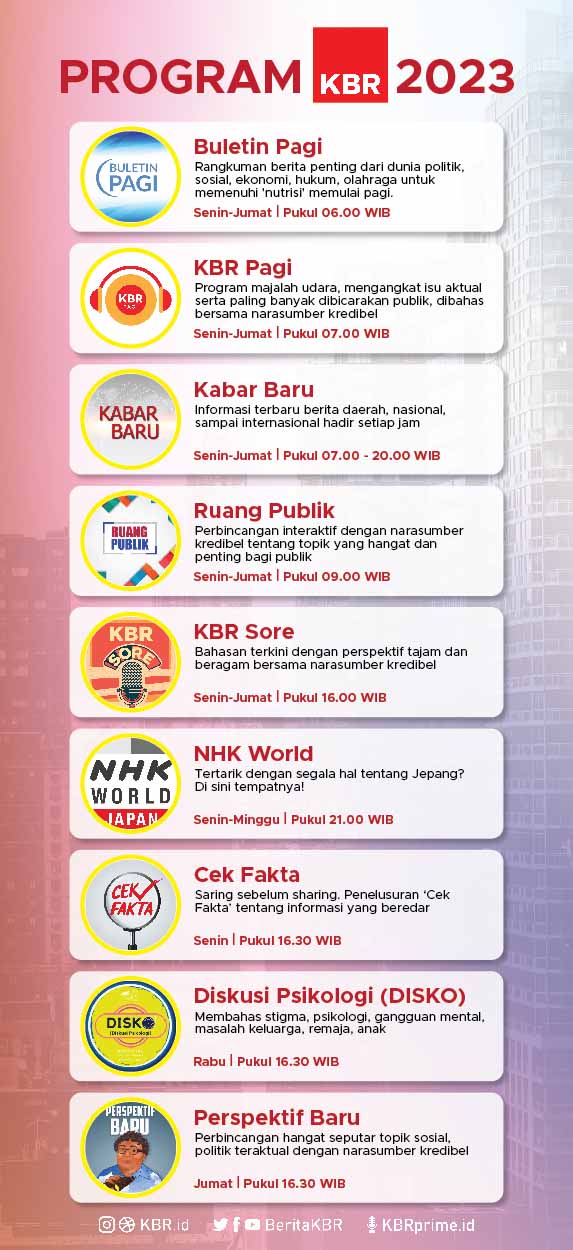Aid workers and non-governmental organisations estimate there are about 50,000 stateless Indonesian children in the Malaysian state of Sabah on the island of Borneo.
And there is a lesser known population of thousands, if not tens of thousands, of stateless Filipino children living there.
This is Lynn. She’s the eldest of nine children. She has no legal documents for Malaysia or the Philippines.
So she can’t legally work here or get an education. She works under the counter at a Chinese restaurant.
“At age 2, my parents brought me here to Labuan, Philippines and never been back since.”
Christina is the President of NGO Hope in Sabah.
“The issue of stateless children in Sabah is very serious. Is a real problem for the people of Sabah and I suppose the government as well because they are all over the state.”
Lynn is one of perhaps tens of thousands of stateless children in Sabah.
“My father works as a welder. I am not sure either because he goes everywhere like Sipitang to work. He was arrested, once in Labuan and many times here. It was all about passport.”
Since the 1960s Muslim migrants can apply to be given a temporary identity document from the Sabah Islamic Council.
But it is not an official identity card, says Christina.
“These stateless kids are being deprived of education due to their stateless status. Unless and unless they are legalised, they cannot be of any use to our society.”
Anne Keyworth is the co-founder of the shelter Bukit Harapan.
It’s a home for disable children but also abused women including undocumented children who parents have been deported.
“We have to face the fact that they will be here forever. If we don’t do anything about them then they will be our future criminals.”
Many people accused the illegal migrants of being involved in crimes.
Over the years Malaysia has carried out several major evictions of undocumented migrants and stateless people.
However critics say it will not stop the influx of foreign migrants like Lynn arriving on Malaysia's shores.
They come in the hope of a better life. Just like Lynn.
“I hope the temporary identity document which they gave us now is genuine so that my younger siblings can go to school and not will be like
me. I have to start working at the age of 10 until now.”







